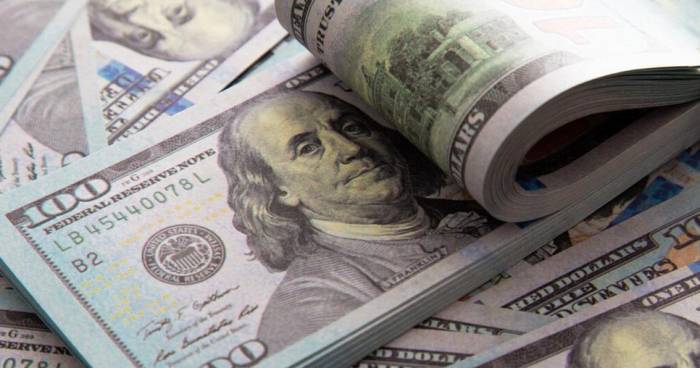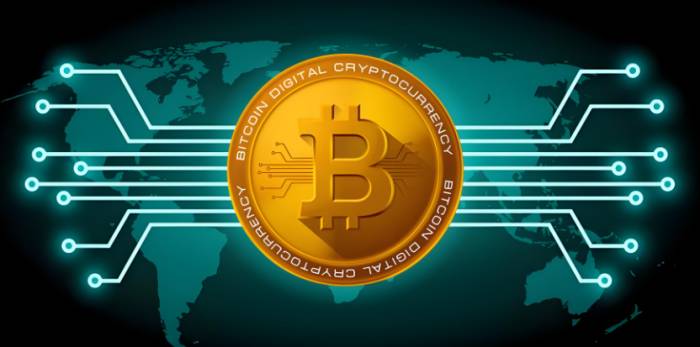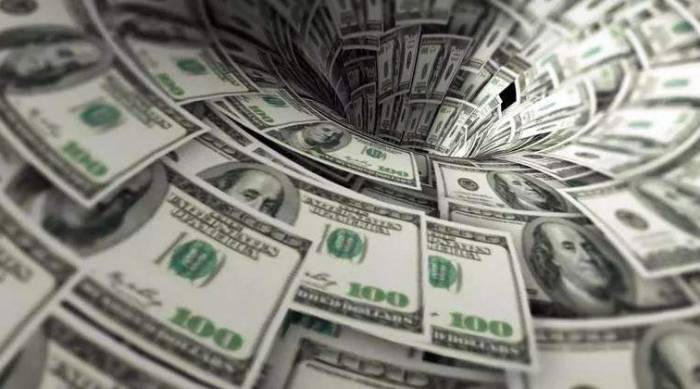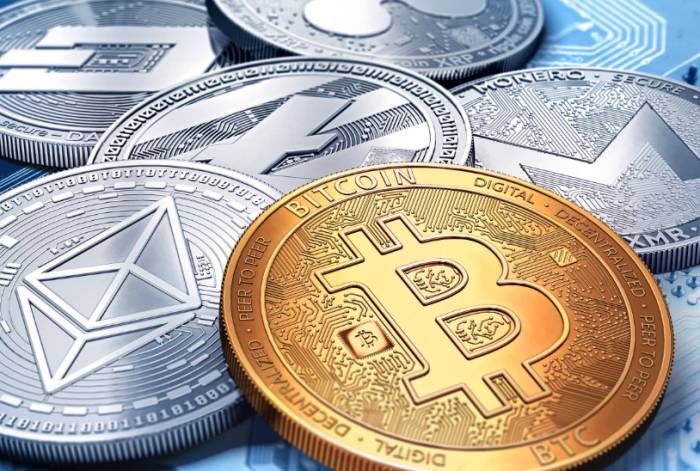Global financial markets are all awaiting news from the Federal Reserve. Whether the Fed raises or lowers interest rates, it will stir up a storm in the financial world. If one could accurately predict the Fed's operations before the storm arrives, it would be possible to avoid risks, which is something that financial market investors often do.
However, since the beginning of this year, whether the Fed will lower interest rates has become a topic of much debate. Recently, the Fed has finally released accurate news, confirming a 50 basis point rate cut. So, where will the U.S. economy go from here?
The Fed's significant rate cut has turned the situation on its head.
The capital market can finally breathe a sigh of relief, as people had been speculating about the Fed's next moves before this. Some argued that the Fed would not lower interest rates, and that the news of a rate cut was just a smokescreen. There are even suggestions that the U.S. might continue to raise rates, a view that has gained some support in the market.
Fed official Powell's statements in the media have been perplexing, pointing out that the inflationary pressure in the U.S. remains high. Although inflationary pressure has eased, lowering rates at this time could potentially undo previous policy efforts, so it might be too early to cut rates now.
This official response is essentially a non-answer, providing no clear information to the outside world about whether rates will be lowered or not. Speculations have arisen around this topic, with some believing that the news of a rate cut released by the Fed might be false. The Fed's basis for a rate cut is partly based on domestic inflation and partly on labor employment data.
In reality, the employment pressure in the U.S. is quite high, with the number of unemployed people increasing. However, the U.S. government has been falsifying statistical data, undercounting a portion of the unemployed population.At this point, the Federal Reserve could no longer afford to delay and thus chose to announce a rate cut of 50 basis points on September 18th. The release of this news immediately led to a 180-degree shift in the situation.
Although many in the market believed that the Federal Reserve would cut rates, there was still debate over whether it would be by 25 or 50 basis points, which is related to the current economic situation in the United States.
Some experts believe that the U.S. economy has not yet reached its worst, and a 25 basis point cut would suffice. If it were a 50 basis point cut, that would be considered an abnormal event, and such an aggressive rate cut is very rare.
In the past, when the U.S. economy was sluggish, rate-cutting measures would be introduced. Despite the U.S. government's emphasis that the country has not declined, the actions of the Federal Reserve have betrayed the United States.
For example, during the global financial crisis in 2008, the United States had no choice but to lower interest rates. Therefore, outsiders believe that whenever the United States adopts rate-cutting strategies, it means the U.S. economy is facing difficulties.
The United States could no longer hold on and suddenly announced a rate cut. Where is the economic outlook?
Before the Federal Reserve officially announced the rate cut, people even thought that the Federal Reserve would continue to raise rates, holding on and waiting for the dollar to flow back from other countries to further harvest global nations.
But now the situation is different. China has not been severely affected because China has now become a manufacturing powerhouse.
With a stable foundation, external economic fluctuations are difficult to shake China's economic status, so the Federal Reserve has also started to focus on domestic issues.
The Federal Reserve's choice to cut rates by 50 basis points this time indicates that the professionals at the Federal Reserve believe that a U.S. economic recession is inevitable, and the increasing number of unemployed people in the United States could lead to social unrest within the country.Now that the United States has lowered interest rates, what does this mean for the economic outlook of the U.S. and the global economy? After the Federal Reserve initiates a policy of rate cuts, the global financial sector will inevitably be affected. It is also possible that other countries will follow the Federal Reserve's policy and announce their own rate cut strategies.
In fact, prior to this rate cut by the Federal Reserve, countries such as Japan and the European Union had already implemented rate cut policies. When a group of countries cut rates within the same period, it indicates that the world is experiencing a wave of rate cuts.
Consequently, global currencies will inevitably enter a period of easing. After the Federal Reserve's rate cut, the value of the U.S. dollar will shrink, while the corresponding value of the Chinese yuan will appreciate.
Every major shift brings with it both crises and opportunities. The Federal Reserve's decision to cut rates by 50 basis points was unexpected for investors.
In reality, Federal Reserve officials are adept at creating public opinion. As early as September, when the Federal Reserve held a meeting and released information to the public, it consistently attracted attention.
It is important to note that even though the most specific benchmark points were not released, the public discourse had already created a trend towards rate cuts, which also influenced the direction of the global economy.
After the initial probing, the Federal Reserve recently announced its final decision. In fact, the Federal Reserve also understands that the current situation in the United States is not optimistic, and economic recession is already an inevitable event.
In the past, the policy of raising interest rates has led to a large debt burden for American families, and businesses are also struggling under the weight. Unemployment among workers will inevitably lead to reduced consumer spending, which exacerbates the consumer crisis in the United States. As a result, consumers are hesitant to spend even if they have money.
However, considering the bigger picture, the Federal Reserve has not made a decision until now, and has finally announced a rate cut. This is good news for debt-ridden businesses and households, but the effectiveness of this move remains to be seen.
Whether it is raising or lowering interest rates, it is related to the policies behind the United States. After years of raising interest rates without achieving the goal of harvesting other countries, the Federal Reserve now believes it is time to lower interest rates; otherwise, the United States would not be able to sustain itself.






























Leave a Comment